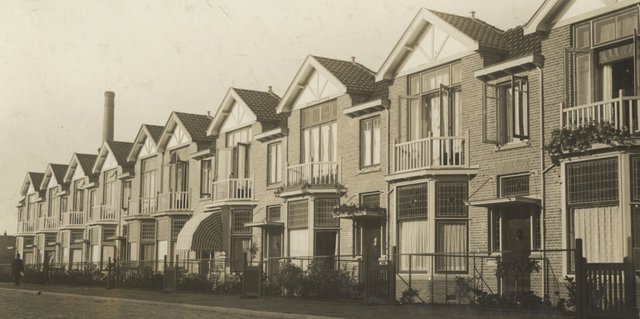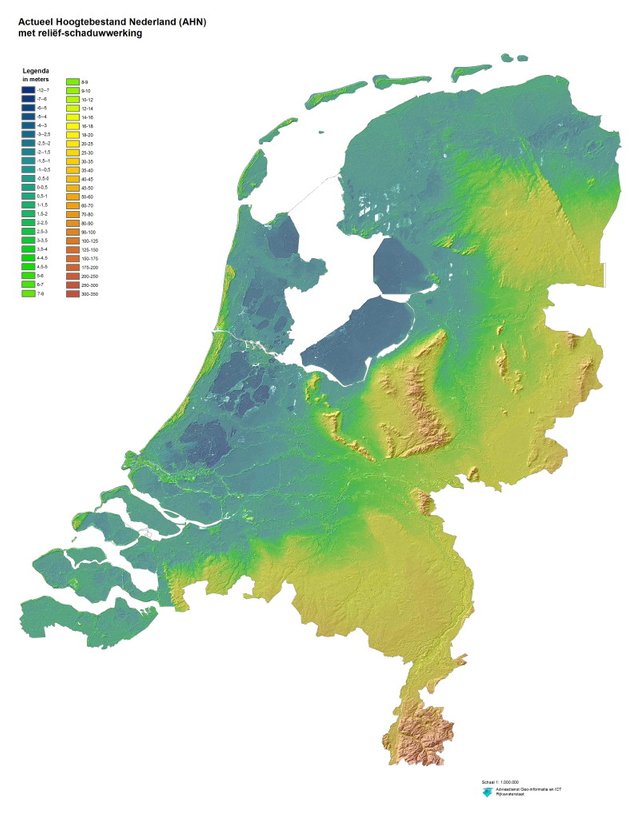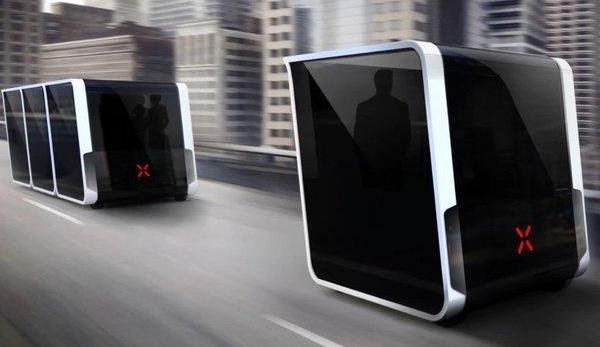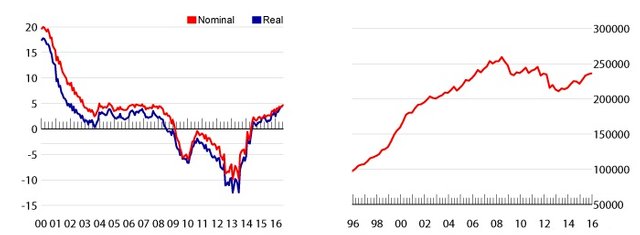My wife and I bought a new house two years ago. We had a wonderful time in our inner-city apartment, but it was time to move on. With a third kid coming we wanted a quieter street and a house with a garden. We fancy old houses. Luckily we have lots of them in the Netherlands. We settled on a cute house built in 1915 for the local police and fire fighting department chiefs. Being less than 2 km from our previous house, it’s still inside the city.

Our house stands 1.2 meters above sea level, which is quite surprising as half of the country lies below sea level. Cities like Amsterdam, Rotterdam and The Hague all lie below sea level. The lowest point in the Netherlands is 6.76 metres below NAP in a village called Zuidplas.
It’s kind of strange that we - the Dutch - never talk about this. Yes, we are masters in Hydraulic Engineering to protect ourselves against the water. It has kept us safe and prosperous for ages, so everybody assumes it will in the future. But the climate is changing at a rapid pace. We are taking action, but is it enough?

The Netherlands is also famous for its enormous household debt. We - a population of 17 million people - have 651 billion euro of residential mortgage debts. At 111 percent of our GDP, it is the highest mortgage debt in the eurozone.
It doesn’t help that the European Central Bank creates 80 billion euro - yes, € 80,000,000,000 - each month. How much is € 80 billion? An average price of a Dutch house is € 240,000, so € 80 billion buys you 330,000 houses. Roughly the city of Utrecht. Each month. This money injection forces all interest rates down including mortgages. Borrowing money has never been so cheap, which results in more and higher mortgages.
Yet, the value of all privately-owned houses is twice the amount of this debt. And we have savings and pension entitlements that by far exceed the mortgage debt. But how much are our houses worth when they are under water due to rising sea levels? The North Pole currently is 20 degrees (!) warmer than normal.
Climate change might not be the only trend affecting property prices. Self driving cars might affect the prices of houses inside the city too.
I have a boring European car. It’s over 10 years old and my three kids hardly fit in it, let alone all the baby equipment. But it doesn’t matter, because we don’t use it much. My wife and I both ride our bikes to work - so Dutch! And we live in a lively part of town with all kinds of stores and restaurants around the corner.
I’m looking forward to a future where all cars are self driving. And if I don’t drive myself, I don’t need a steering wheel or a stick shift anymore. I don’t need to be forward facing. I’d rather see my wife and kids when I’m talking to them. And I don’t even need windows, they could be screens to watch a movie, play games or do some work.
One of the promises of self driving cars is that they will be safer than human driven cars. 1.25 million (!) people died from road traffic injuries in 2013. And 20-50 million people sustained non-fatal injuries from road traffic collisions or crashes.
But if driverless cars are much safer, do we still need speed limits? Why not drive 200 km/h or faster on a highway? Having diner in Paris or a meeting in London doesn’t sound so strange anymore! When you can have drinks, take a nap, watch a movie or do some work on the way to the destination. Would autonomous cars start competing with bullet trains and short-distance flights?

I’d rather not own a car at all. A car as a service sounds more attractive to me. Give me car when I need it, to take me wherever I need to go. For a decent price of course.
The future doesn’t look great for taxi and truck drivers. But the same goes for car repair shops, driving schools, car distributors, motels, and the list goes on. When autonomous cars are a service, they will be on the road most of their time. Parking, repair and maintenance will happen in a few places outside of cities. And since all self driving cars will be electric, there will be no need for gas stations.
If the costs of using self driving cars are low enough, will we still need public transportation? Using driverless cars might even become free. Attention is a valuable good these days, lots of companies want to get a piece of your time. Does this mean that all the rail roads, train and metro stations will become redundant?
The city could change quite a bit in the future. Parking spaces take up a huge amount of space. If we don’t need them anymore, what will we do with that space? And what will happen when you can work while traveling? Wouldn’t you rather live outside of a city? How would this affect the valuation of housing prices?

Real estate used to be a long-term, stable investment - as safe as houses - and it will stay that way for a while. Looking at the chart above - showing the average housing prices in the Netherlands in % and € - everything seems fine. Yet, climate change and driverless cars are two trends that could change this.
As a good Dutch citizen I have a decent mortgage debt myself. I’d rather not have this debt, but it feels like a necessary evil to get a proper house. Property prices have risen the last decades and that is comforting. Yet, it’s questionable if that will continue in the same way.
Is my real estate investment at risk? Should I move to a city that lies above sea level, or even to the countryside? I don’t know. I’m happy with where I am now, but I’m definitely going to keep an eye on how these trends play out.
Interesting thoughts. I don't have any answers but it is bumping around in my brain right now.
Downvoting a post can decrease pending rewards and make it less visible. Common reasons:
Submit
Thanks! If you do find answers, please let me know!
Downvoting a post can decrease pending rewards and make it less visible. Common reasons:
Submit
Congratulations @hertog! You have received a personal award!
Click on the badge to view your own Board of Honor on SteemitBoard.
For more information about this award, click here
Downvoting a post can decrease pending rewards and make it less visible. Common reasons:
Submit